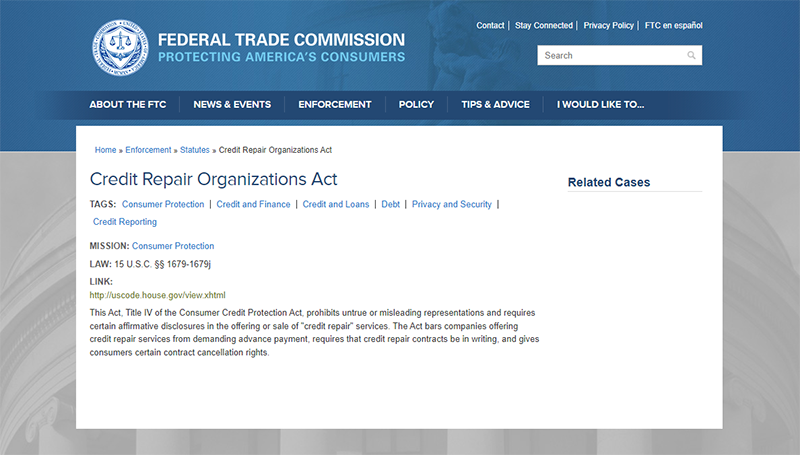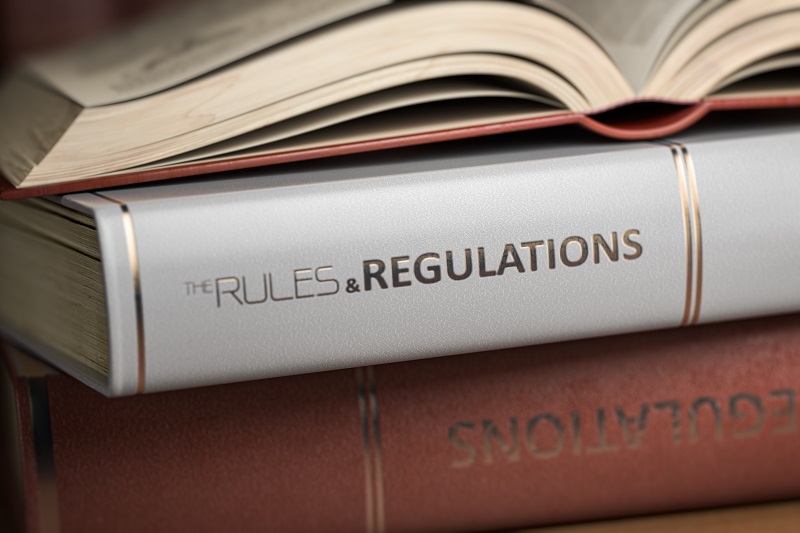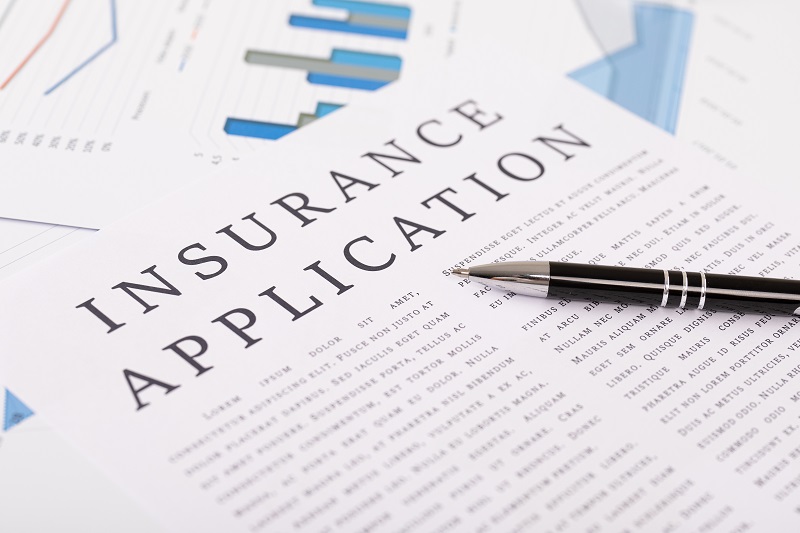If you’re considering starting a credit repair business in West Virginia, understanding the legal framework is vital for success. In this article, we will explore the essential laws and regulations that govern the credit repair industry in West Virginia, equipping you with the knowledge to establish and operate your business with confidence.
Create A Business Plan

Outline your business goals, target market, services, and marketing strategy. A strong business plan can help guide your decision-making and growth.
Creating a good business plan for credit repair in West Virginia involves several key steps:
- Conduct Market Research: Start by researching the credit repair industry in West Virginia, including competitors, customer needs, and potential opportunities. This will help you understand the market and identify gaps that your business can fill.
- Define Your Target Market: Determine who your ideal customers are and create buyer personas to help you understand their needs, challenges, and behaviors. This will help you tailor your services to meet their specific needs.
- Develop Your Service Offerings: Based on your market research and target market analysis, define your credit repair services, including delivery, and value proposition.
- Develop a Marketing Strategy: Develop a marketing plan that includes tactics to reach your target audiences, such as social media, email marketing, and content marketing.
- Create Financial Projections: Create a financial model that outlines your expected revenue, expenses, and cash flow for the first few years of operation. This will help you determine if your business idea is feasible and identify areas where you may need to adjust your strategy.
- Set Up Your Business: Register your business with the state of West Virginia, obtain any necessary licenses and permits, and set up your operations, including office space, technology, and staffing.
- Launch Your Business: Once your business is set up and your marketing plan is in place, launch your business and begin promoting your services to your target audience.
- Monitor and Adjust Your Plan: Regularly monitor your financial performance and adjust your plan as needed to ensure you are meeting your goals and staying competitive in the market.
Choose A Business Name and Structure

Decide on a name for your credit repair business and choose the appropriate legal structure (sole proprietorship, partnership, LLC, corporation, etc.). Make sure your business name is unique and not already in use by another company in the state.
Choosing a good business name and structure for your credit repair business in West Virginia requires careful consideration of several factors, including:
- Legal Requirements: The first step in choosing a business name and structure is to research the legal requirements for registering a business in West Virginia. This may include registering with the Secretary of State’s office, obtaining any necessary licenses and permits, and complying with state and federal tax regulations.
- Branding: Your business name should be memorable, unique, and easily recognizable. Consider a name that reflects the services you provide and your target audience.
- Availability: Before settling on a name, conduct a search to ensure it is not already taken by another business in West Virginia. You can check the availability of business names on the West Virginia Secretary of State website.
- Structure: Determine the legal structure that best suits your business needs. This may include a sole proprietorship, partnership, limited liability company (LLC), or corporation. Consider the tax implications and the liability protection of each structure.
- Domain Availability: Check if the domain name for your business is available to secure your online presence.
- Industry Association Requirements: Check if any industry association for credit repair in West Virginia has any rules or guidelines for business names.
Register Your Business

Register your business with the West Virginia Secretary of State. This typically involves filing Articles of Organization (for an LLC) or Articles of Incorporation (for a corporation).
You will also need to obtain an Employer Identification Number (EIN) from the IRS.
To register your credit repair business with the West Virginia Secretary of State, you will need to follow these steps:
- Go to the West Virginia Secretary of State’s website: Visit the official website of the West Virginia Secretary of State.
- Navigate to The Business Section: Click on the “Business” tab on the main menu to access the Business Division’s services.
- Choose The Appropriate Business Entity Type: Depending on the legal structure you have chosen for your credit repair business (e.g., LLC, corporation, etc.), you will need to select the corresponding section for registering your business entity.
- File The Necessary Documents: For an LLC, you will need to file the Articles of Organization, while for a corporation, you will need to file the Articles of Incorporation. Follow the instructions provided on the website to complete and submit the required forms. There may be filing fees associated with these documents.
- Obtain a Name Reservation (optional): If you want to reserve your business name before registering your business, you can do so by following the instructions provided on the website. This step is optional, but it can ensure your desired business name is available when you’re ready to register.
- Register For an Employer Identification Number (EIN): Visit the Internal Revenue Service (IRS) website and apply for an EIN. This number is necessary for tax purposes and other business activities.
Once you have completed these steps, your credit repair business will be registered with the West Virginia Secretary of State. It is essential to verify that you have complied with all state and local requirements for operating a credit repair business. Consult with a legal professional for the most accurate and up-to-date information on this process.
Obtain Necessary Licenses and Permits

Depending on your business structure and location, you may need to obtain various licenses and permits to operate legally. Check with your local city and county governments for specific requirements. Some of these licenses and permits may include:
- Business Registration: Register your business with the West Virginia Secretary of State, which includes selecting your business structure and filing the appropriate documents (e.g., Articles of Organization for an LLC or Articles of Incorporation for a corporation).
- Employer Identification Number (EIN): Obtain an EIN from the Internal Revenue Service (IRS) for tax purposes and other business activities.
- State and Local Business Licenses: Depending on your business structure and location, you may need additional licenses or permits from state or local authorities. Contact your city or county government offices to inquire about any requirements specific to your area.
- Sales Tax Registration: If your credit repair business sells any products, you may need to register for a sales tax permit with the West Virginia State Tax Department.
- Occupational or Professional Licenses: While credit repair businesses do not require a specific license, some related occupations may require a professional license (e.g., attorneys or financial advisors). If you plan to offer additional services, check with the appropriate licensing boards for any requirements.
It is important to consult with a legal professional for accurate and up-to-date information on the licenses and permits required for your credit repair business in West Virginia. Additionally, stay informed about any changes to the regulations governing credit repair services at both the federal and state levels.
Understand the Credit Repair Organizations Act (CROA)

This federal law regulates credit repair businesses and prohibits certain practices, such as making false or misleading statements to consumers. Familiarize yourself with the CROA and ensure that your business complies with its requirements.
The federal laws regulating credit repair are primarily found in the Credit Repair Organizations Act (CROA), which is part of the Consumer Credit Protection Act. The CROA was enacted in 1996 to protect consumers from unfair and deceptive practices by credit repair organizations.
The main provisions of the CROA include:
- Prohibition Of Deceptive Advertising: Credit repair organizations are prohibited from making false or misleading claims about their services, including guarantees of credit improvement, removal of accurate negative information, and charging upfront fees.
- Written Contracts: Credit repair organizations must provide consumers with a written contract that outlines the services to be provided, the fees charged, the timeframe for achieving results, and the consumer’s right to cancel the contract within three days.
- Cancellation Rights: Consumers have the right to cancel a contract with a credit repair organization within three days of signing without penalty or obligation.
- Fee Restrictions: Credit repair organizations cannot charge fees until services have been performed. Fees must be reasonable and based on the amount of work performed.
- Disclosures: Credit repair organizations must provide consumers with a disclosure statement that outlines their legal rights, the services provided, and the fees charged.
In addition to the CROA, the Fair Credit Reporting Act (FCRA) and the Fair Debt Collection Practices Act (FDCPA) also regulate credit reporting and debt collection practices. Credit repair organizations must comply with these laws when disputing negative information on behalf of their clients.
Familiarize Yourself with State Regulations

It is important to follow general state laws and guidelines for running a business. West Virginia Code Chapter 46A, also known as the West Virginia Consumer Credit and Protection Act, is a set of statutes that regulates consumer credit transactions in the state of West Virginia.
The Act is designed to protect consumers by ensuring fair practices, transparency, and equitable treatment in credit transactions.
Chapter 46A covers a wide range of topics related to consumer credit, including:
- General Provisions and Definitions: This section provides the definitions of various terms used throughout the Act and outlines its scope and purpose.
- Consumer Credit Sales: This section outlines the rules and regulations regarding credit sales, including disclosure requirements, finance charges, and other terms of credit.
- Consumer Loans: This section deals with consumer loans, specifying the requirements for making loans, disclosure of terms, and the calculation of finance charges.
- Revolving Charge Accounts: This section regulates revolving charge accounts, such as credit cards, outlining the rules for issuing credit, billing practices, and finance charges.
- Remedies and Penalties: This section specifies the remedies available to consumers for violations of the Act and the penalties that may be imposed on creditors who violate its provisions.
- Debt Collection: This section outlines the rules and regulations governing debt collection practices, including prohibited practices, required disclosures, and the rights of consumers in debt collection situations.
- Consumer Protection: This section includes provisions related to consumer protection, such as protections against unfair or deceptive acts or practices, as well as provisions related to specific industries like telemarketing and the rental-purchase industry.
While the West Virginia Consumer Credit and Protection Act is primarily focused on consumer credit transactions, it is essential for any business operating in the state, including credit repair businesses, to be aware of the Act’s provisions to ensure compliance with its requirements.
For more information on the West Virginia Consumer Credit and Protection Act, you can visit the official website of the West Virginia Legislature and access the full text of Chapter 46A.
It’s always a good idea to consult with a legal professional for accurate and up-to-date information on the laws and regulations relevant to your business. West Virginia prohibits contract terms from exceeding 180 days. This means a new contract will be required if the 180 days term expires.
West Virginia allows consumers to cancel at any time within 3 days from the date the consumer signs the contract and West Virginia requires credit services organizations to allow consumers a full refund within 10 days from the date they sign the contract.
Obtain Bonding and Insurance

Credit repair businesses often obtain a surety bond to protect their clients in case of any legal issues. You may also want to obtain liability insurance to protect your business from potential claims.
West Virginia does require a surety bond. The required bond amount is $15,000.
Set Up Your Office

Find a suitable office location, purchase equipment, and supplies, and set up the necessary software and tools to run your credit repair business.
Here are some tips to help you set up an effective office for credit repair:
Choose The Right Location:
Your office location should be easily accessible for your clients and employees, and should be located in a professional setting. Consider leasing office space in a business district or commercial building.
Create A Comfortable and Professional Workspace:
Your office should be comfortable and professional to create a positive impression on your clients. Choose comfortable furniture, appropriate lighting, and professional decor.
Purchase Necessary Equipment:
You will need computers, printers, scanners, and other equipment to run your credit repair business. Consider purchasing software that can help you track client accounts, generate credit reports, and manage your business finances.
Install A Reliable Internet Connection:
Your business will rely heavily on the internet for communication and data management. Ensure that you have a reliable and secure internet connection.
Set Up a Phone System:
A phone system is essential for communicating with your clients and other stakeholders. Consider a professional phone system with voicemail and call-forwarding capabilities.
Ensure Data Security:
Given the sensitive nature of credit reports, ensure that you have a data security plan in place to protect your clients’ information.
Staffing:
Determine the number of employees you need to run your credit repair business efficiently and ensure that your office has adequate space and resources to accommodate them.
Budget:
Establish a budget for office rent, utilities, equipment, and other expenses. Ensure that you have sufficient funds to cover your expenses while growing your business.
Overall, setting up an effective office for credit repair in West Virginia requires careful planning, budgeting, and attention to detail. By following these tips, you can create a professional and comfortable workspace that supports your business goals.
Develop Marketing Materials and A Website

Create professional marketing materials and a website to showcase your services and attract potential clients. Developing good marketing materials and a website for your credit repair business in West Virginia is essential for reaching your target audience and generating leads. Here are some tips to help you create effective marketing materials and a website:
- Define Your Target Audience: Identify your ideal clients and develop buyer personas to understand their needs, challenges, and behaviors.
- Develop a Brand Identity: Develop a strong brand identity that reflects your business values and resonates with your target audience. Choose a logo, color scheme, and messaging that will be used consistently across all marketing materials.
- Create a Website: Your website should be professional, easy to navigate, and provide clear information about your credit repair services. Include a blog with useful content that can help educate your audience about credit repair and financial management.
- Optimize Your Website for Search Engines: Ensure that your website is optimized for search engines by using relevant keywords, meta descriptions, and title tags. This will help improve your website’s visibility in search engine results.
- Develop Marketing Materials: Develop marketing materials that reflect your brand identity and provide useful information to your target audience. These may include brochures, flyers, business cards, and social media posts.
- Offer Free Resources: Consider offering free resources, such as e-books or webinars, that can help educate your audience about credit repair and financial management.
- Use Social Media: Social media can be an effective way to reach your target audience and generate leads. Create profiles on platforms that your audience uses, such as Facebook, Twitter, and LinkedIn, and share useful content regularly.
- Leverage Customer Testimonials: Customer testimonials can help build trust and credibility with potential clients. Include testimonials on your website and marketing materials, and encourage satisfied clients to leave reviews on third-party review sites.
Build Relationships with Industry Professionals

Network with mortgage brokers, real estate agents, and other professionals who may refer clients to your business. Here are some tips to help you build relationships with industry professionals:
Attend Industry Events:
Attend industry events, such as conferences and trade shows, to network with other professionals in the credit repair industry. These events provide opportunities to meet new people, learn about industry trends, and establish relationships.
Join Industry Associations:
Join industry associations, such as the National Association of Credit Services Organizations (NACSO), to connect with other professionals in the credit repair industry. These associations provide educational resources, networking opportunities, and access to industry experts.
Partner With Complementary Businesses:
Identify businesses that offer complementary services, such as mortgage brokers or real estate agents, and establish partnerships. These partnerships can help you generate referrals and expand your reach to new clients.
Attend Local Networking Events:
Attend local networking events, such as the chamber of commerce meetings or business networking groups, to meet other professionals in your community.
Offer Educational Resources:
Offer free educational resources, such as webinars or e-books, that can help other professionals in the credit repair industry stay informed and improve their services.
Build Your Online Presence:
Build your online presence by creating a professional website and social media profiles. This can help you connect with other professionals and establish yourself as a thought leader in the industry.
Leverage LinkedIn:
Leverage LinkedIn to connect with other professionals in the credit repair industry. Join relevant groups and participate in discussions to build relationships and establish yourself as an expert in the field.
Ready to start your credit repair business in West Virginia?
Make sure you are informed and compliant with the latest state laws.
Click now to learn more.
As we conclude our exploration of the laws for starting a credit repair business in West Virginia, we hope you now have a solid understanding of the legal landscape that governs the industry. By adhering to the regulations outlined in this article, you can confidently launch and operate a credit repair business that brings financial empowerment to individuals in West Virginia.
Bonus: Now that you have read this article, why not take your new skill and start your own credit business helping others? We have free training that can help you do just that.

